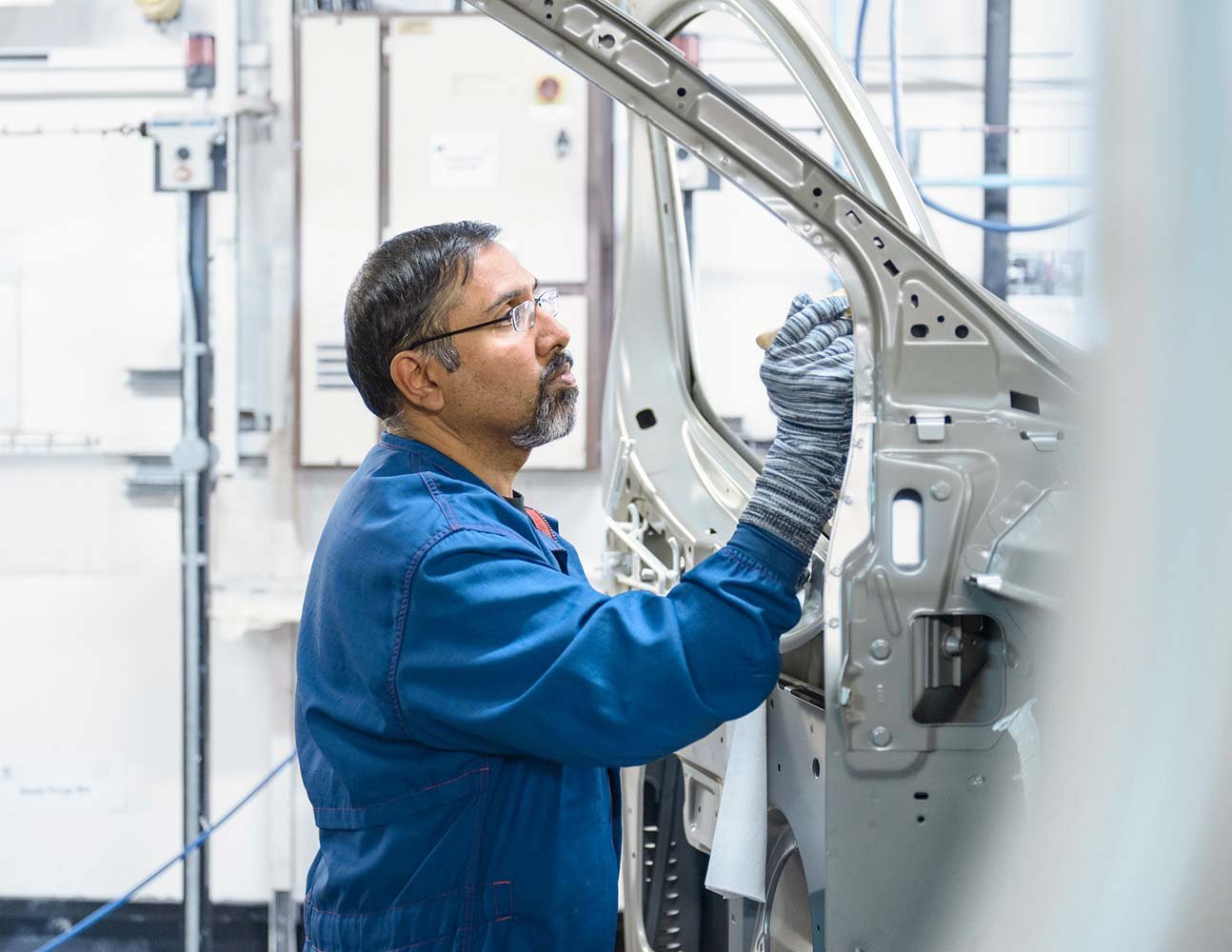The future of first article inspection within quality management
Market requirements and the solution for the digital transformation of your FAI.
First Article Inspection - a starting point
Before a product or component can go into production after the long development period, an extensive first article inspection (FAI) must first be carried out. For this purpose, an initial sample of the product is manufactured for the first time under realistic series production conditions. The subsequent production is conducted on the basis and conditions established from the production of this initial sample.The objective of FAI is to prevent any product defects from the onset in series production and to check whether the between the customer and supplier agreements regarding the product have been kept. All relevant information regarding the tests and requirements of the initial sample inspection are then documented in the FAI report. The FAI is common practice within the initial sampling process and supports quality assurance.
Brinell hardness test
The FAI procedure
With the FAI, the supplier provides proof that his product meets certain quality requirements. A product is subjected to a wide variety of tests to inspect its properties. Different types of tests include, for example, precision fit, temperature resistance, mechanical stress and functional tests. During the final production run product features such as material composition, tool and test devices as well as process properties must be in compliance with the final series status. Should the production process or the product change, a new FAI must be conducted, including acceptance by the customer. Of course, any product shortcomings are recorded in the FAI. Typically, the initial sample inspection procedure is specified in a quality assurance agreement between the customer and the supplier.
FAI in the automotive industry
Automotive industry employee on the test floor
FAI has proven its value particularly in the automotive industry because rules and regulations such as PPA (sometimes PPF) and PPAP have standardized initial sampling approaches to a certain degree, which is helpful for the coordination between customers and suppliers.
PPA process
Production process and product approval, or PPA for short, according to VDA Volume 2 (VDA = German Association of the Automotive Industry) has now become a standard for German automotive manufacturers. Before the start of series production, a supplier provides proof that his product meets these requirements.
The PPA process can thus to be understood as an evaluation of the entire production process based on the specifications, documentation, and samples. As is usual with the FAI, a standardized verification occurs within the initial sample inspection report, in which the entire production process is documented. This is to guarantee that deliveries can be made on time in the specified quantity and quality through certain production processes. The customer issues delivery releases based on the FAIR.
PPAP process
PPAP stands for Production Part Approval Process and describes a release procedure within the scope of sampling. The PPAP process includes the basic requirements for the sampling of all production parts for the automotive industry. It is based on a set of standards and regulations like IATF (International Automotive Task Force)16949 and AIAG (automotive Industry Action Group). IATF16949 is the most important international standard for quality management in the automotive industry, but can only be used in conjunction with ISO 9001. ISO 9001 is the most widely used standard in quality management and defines the minimum requirements for a quality management system. ISO 9001 focuses on process optimization and aims to meet customer requirements in the best possible way, irrespective of an initial sample inspection.
In summary, FAI is a key element of the manufacturing industry and serves to exclude production errors from the beginning and to meet the quality requirements of the customer.
Today, the stakeholder requirements for this process focus on more transparency, faster and safer approvals - as well as a networked collaboration of all parties involved.
A digital FAI is the future
material.one is one of the pioneers of digital FAI and operates a platform that combines all components of sampling and makes them available digitally - for manufacturers, suppliers and laboratories. We support you in every phase of sampling, from test planning to initial sample testing to release. Get to know our platform now in a free live demo and experience how easily and efficiently sampling data can be exchanged.



